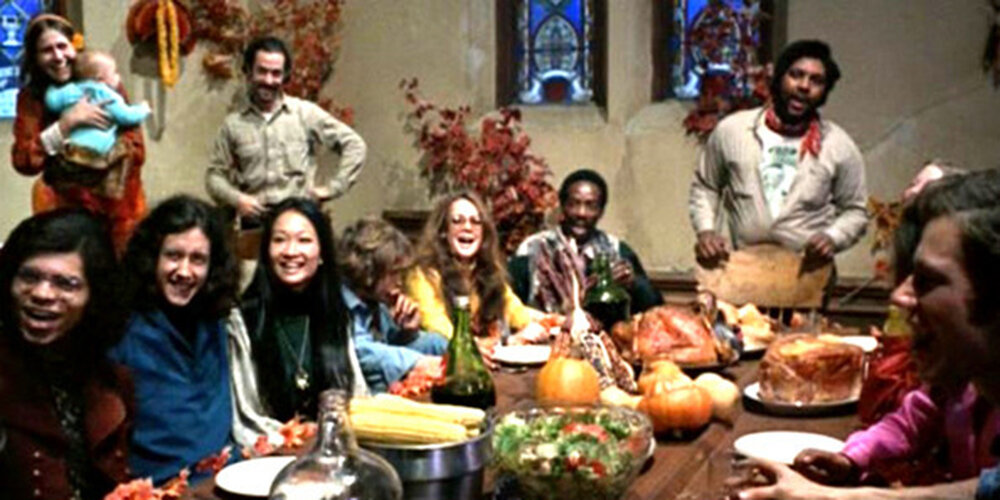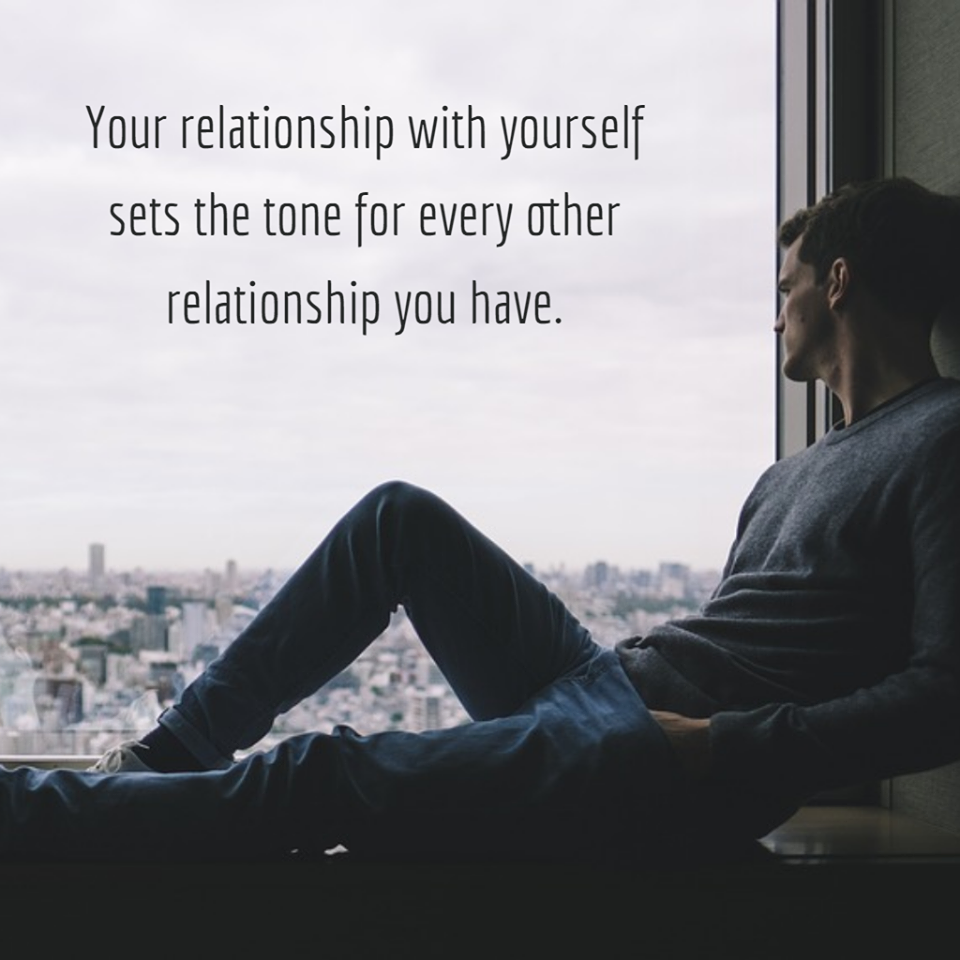The 80/20 Rule was introduced by 20th century economic sociologist, Wilfried Fritz Pareto, (who I paraphrase,) stated “that, in any particular domain, a small number of things account for the majority of the results. For example, 80 percent of the land in Italy is owned by 20 percent of the people.” Or, 20% of drivers cause 80% of all traffic accidents. The point is that the majority of the results are driven by a minority of causes.
The Upside of the 80/20 Rule
When applied to your life and career, the 80/20 Rule helps focus you to separate the vital few from the trivial of the many.
In your own life, this strategy can be useful to find your time-wasting actives or to look at the sources of some of your problems. You may find that the majority of your complaints come from a handful of problem situations. The 80/20 Rule would suggest that you can clear out your logjams or backlogging circumstance by identifying and stopping the engagements within them.
The 80/20 Rule is like a form of Martial arts that teaches self-defense, improves confidence and self-esteem for your life and work. By finding precisely the right area to apply action, you can get more results with less effort.
Like many things it is a double edge sword, there is a downside to this approach, which many times is overlooked. To illustrate let’s return to Audrey Hepburn.
The Downside of the 80/20 Rule
It is 1967. Audrey Hepburn at the prime of her career finds herself trying to decide how to purposefully spend her time.
Hepburn's first career, acting on stage and screen. Her next career, acts of service and thus in December 1992, she’s awarded the Presidential Medal of Freedom for her efforts, this is the highest civilian award granted by the United States.
If the use of the 80/20 Rule had been part of her decision-making process, her life may have been very different. Let’s say she followed her trajectory to stardom, what would she do, the clear answer is: do more romantic comedies. They gave her large audiences, earned her awards, and was an obvious path to greater fame and fortune.
Setting that aside, scenario two, we would take into account her desire to help children through UNICEF, the 80/20 Rule could have pointed out that doing more romantic comedies was still the best option because of her maximized earning power and she could have donated more of her earnings to UNICEF.
Here comes the rub, that would have been all well and good if she wanted to continue acting. But she didn't want to continue her career life as an actress. This reveals the perceptual bias that many of us have but one which contradicts the reality of the life lived.
You see her perception of herself was that of one in service to others, and no reasonable analysis of the 80/20 Rule would have in 1967 suggested that volunteering for UNICEF was the most effective use of her time.
This is the downside of the 80/20 Rule, when applied to the start of a new path, it will never look like the most effective option in the beginning.
Optimizing for Your Past or Your Future
James Clear, Life Coach and the author of Atomic Habits, which advocates “small changes that will transform your habits.” gives us this insight: “Jeff Bezos, the founder of Amazon, worked on Wall Street and climbed the corporate ladder to become senior vice-president of a hedge fund before leaving it all in 1994 to start the company.
If Bezos had applied the 80/20 Rule in 1993 in an attempt to discover the most effective areas to focus on in his career, it is virtually impossible to imagine that founding an internet company would have been on the list. At that point in time, there is no doubt that the most effective path—whether measured by financial gain, social status, or otherwise—would have been the one where he continued his career in finance.
The 80/20 Rule is calculated and determined by your recent effectiveness. Whatever seems like the "highest value" use of your time in any given moment will be dependent on your previous skills and current opportunities.
The 80/20 Rule will help you find the useful things in your past and get more of them in the future. But if you don’t want your future to be more of your past, then you need a different approach.
The downside of being effective is that you often optimize for your past rather than for your future.”
Where to Go From Here
James Clear talks a lot about changing habits, creating better habits, making better decisions, equaling living a better life. I agree with him on these points. He speaks of giving enough practice and enough time, so the thing that previously seemed ineffective can become very effective, and you get good at what you practice. I have found that to be true in my own life.
When Audrey Hepburn changed course in 1967, from acting to volunteering, this may not have seemed nearly as effective a career choice. But three decades later, she received the Presidential Medal of Freedom—a remarkable feat, a satisfaction she is unlikely to have accomplished by acting in more romantic comedies.



































































